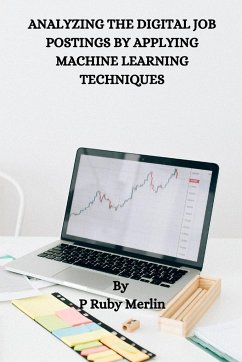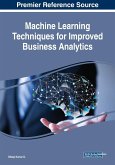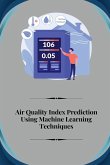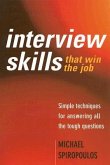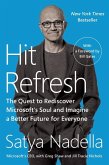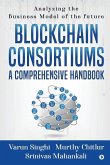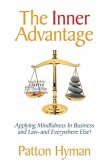Growth of an organisation is dependent on enrolling the right candidate at the right period in the right position. This is possible by implementing Human Resource (HR) function in a well-scheduled way. However, the HR profession is in the genre of constant evolution. Initially apprehended to manage personnel hiring and compensation, the role of HR now associates intently with organisation's strategic planning. During 1980s, Human Resource Management (HRM) introduced new concepts that relates to team building, change management, enhancement and motivation. But, many firms experienced coalition and acquisitions during that period, leading to a mandatory situation of workforce optimisation. Surprising is the intensity of change in the HR function for the past few years. International organisations which have marked a prominent position in India for over a decade facilitated in establishing different strategies and some cutting-edge HR practices. In addition, the influence of technology on HR function is noteworthy, resulting in new business models and tech-oriented firms. Maximum use of technology led to competitions both within and across different industries. This massive changeover accentuated the challenges associated with HR professionals and roles forcing them to update and meet the requirements based on the global competition. Today, the management is drifting from the so-called 'process' thinking to better 'outcome' thinking. In the present digital era, rapid transformation for innovative skill-sets in various fields including Artificial Intelligence (AI), data science, blockchain, cloud, security, etc. has paved way for adaptable recruiting formalities that enable effective reach of companies to young talented candidate pool. Moreover, the way skills get established within the firms or distributed among clients has captured more attention, thereby facilitating a need to develop a soothing environment to continuously re-skill the talents. In the coming days, skill will act as monetising element and wage differentiation based on skills may get gravitated. This will trigger the need for redesigning the basic compensation standards followed by HR so far. Besides, there is a significant shift in workforce expectation wherein employees started demanding for better personal, reliable and interesting work experiences. Therefore, through the discovery of novel workforce insights, core HR functions and cognitive solutions can be built which can improvise worker experience, cut down cost and increase precision and quality of HR services. With substantial breakthroughs in technology and its impact on work performed by humans or machines, the labour market is likely to experience massive revolution. Its involvement attempts to measure the existing viewpoint into the predictable future and emphasises the significance of labour market establishments that can successfully impact the work in the future. However, these changeovers if managed poorly, poses high risk by creating skills gaps and labour polarisation
